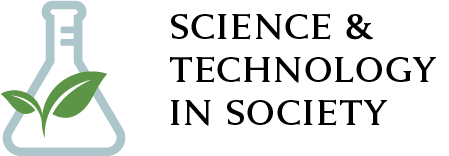Semester:
Offered:
How can we critically assess the data, models, and numbers used in making policy and hold to account those with the power to produce them?

Sheila Jasanoff and Sam Weiss Evans
The ability to critically assess numbers, data and models and hold to account those with the power to generate them is a vital capability for every 21st century citizen. This course will give you an increased understanding of why some important ethical and political perspectives fail to enter into the design of the scientific and technical systems that permeate our societies.
Quantitative reasoning helps us make sense of a rapidly changing social, technical, and scientific landscape. We will introduce you to concepts and methods you can use to understand the complex relationship between quantification and its social contexts, and to turn those insights into good policy. You will learn how to use data, quantitative methods, and modeling to inform decisions concerning the governance of areas such as social networking, climate change, genome editing, and pandemic control. You will discover how topics like uncertainty, probability, and risk are embedded within prior understandings of equality, fairness, and democracy. You will develop an ability to ask when, where, why, and how attempts to fit quantitative reasoning to those understandings become problematic. You will expand your skills for bringing democratic values to bear on the ways we measure the costs, risks, benefits, and impacts of technological change.